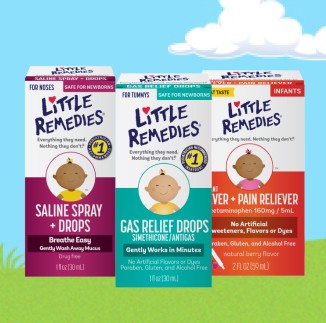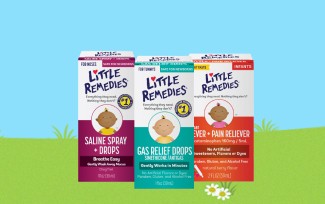
The term “bonding with your baby” is something you’ve probably become highly aware of as a mother. Perhaps you felt an immediate connection with your baby as soon as you found out you were pregnant or maybe it was love at first sight after she arrived in the world. For many women, maternal instincts kick into high gear during the early stages of motherhood and bonding with your baby spontaneously happens.
For other moms, like me, bonding with your baby doesn’t happen as easily, which is perfectly normal too. When I had my first son, I struggled with a difficult pregnancy and a rough delivery that resulted in an emergency c-section. My baby also spent the first five days of his life in NICU. These circumstances definitely delayed our bonding process and it was disheartening to say the least. If you’re in a similar situation, it may be challenging in the short-term, but don’t worry because there are many opportunities on the horizon to grow the maternal bond with your baby.
Bonding with your baby is a critical and enjoyable component of baby development for her and for you. When you nurse her or hold her close, your baby’s brain processes these feelings and they build her sense of safety, security and confidence. What you might not know is “bonding with your baby” is far more complex than that because it involves more than your heart. It’s a physiological process that involves your brain, your hormones and your body.
Skin-to-Skin Contact
Skin-to-skin contact is a natural way to bond with your baby. Typically most newborns get to enjoy skin-to-skin contact with their moms as soon as they are born in the delivery room. Even as infants, babies know the familiar touch, warmth, smell and feeling of their mom’s body. They even recognize the heartbeat that they heard for months in utero. Have you ever walked into a room with a sleeping newborn and she instantly starts squirming and may even wake up? That’s because she instinctively knows mama is near!
Bonding with your newborn
Life with a newborn is all about bonding. Nursing, feeding, rocking, soothing and cuddling are all opportunities to bond with your baby. During her alert time when she’s looking at you and you are smiling at her, that’s bonding. If she dozes off in your arms with a happy, full tummy, that’s bonding. All of these things you instinctively do to care for her are strengthening the emotional and physical bond you share.
Bonding as baby grows
As your baby gets bigger, opportunities for bonding change and you can do more activities that promote togetherness. For example, babywearing is a popular activity for babies and parents. If you haven’t tried it out yet, here are a few things you might want to know about the basics of babywearing. Not only does wearing your baby promote emotional and physical bonding, but it also helps soothe fussy babies. Talking and singing to your baby—even if she’s too little to respond—helps her develop language skills and understand that she can communicate with the world around her.
It's never too late
No matter how your first foray into motherhood began, just remember it’s never too late to bond with your child. From infancy to baby to toddler (and beyond!), your munchkin will look forward to snuggle time or sitting in your lap looking at books. Many years down the road, a warm embrace from mama will reassure her that everything will be okay.









